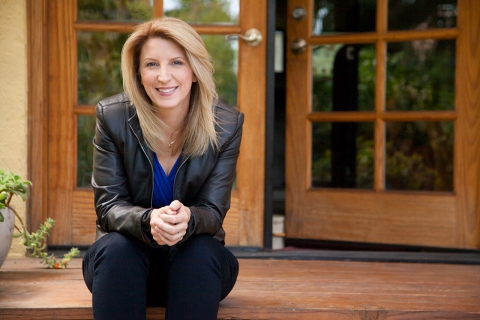
Frustrated by the constraints of traditional media, a growing number of journalists are interested in launching their own news startups, says Janine Warner, an ICFJ Knight Fellow who helps Latin American news entrepreneurs strengthen their business models. Too often, she says, when aspiring entrepreneurs come up with a great idea, two obstacles trip them up.
One is perfectionism. “If you’re an entrepreneur, waiting until everything is perfect is a problem,” Warner said in a recent interview with Chilean website Puroperiodismo. “You need to develop just enough of your idea in some digital form so you can start to test it, to see if anyone is interested, and to start building a loyal audience that helps you decide what else to do.”
The other problem is that these entrepreneurs believe they don't have enough money. "I think in many cases — and there’s a lot of evidence of this — if you get too much money at the beginning with a startup, it can actually be bad for you," said Warner. "That may sound crazy, but it’s true. When you start with very limited resources, you’re forced to be very creative, you’re forced to figure out how to do as much as you can with as little as possible.”
As an ICFJ Knight Fellow, Warner is working to launch an online school to provide entrepreneurial journalists with business, marketing, and technical training to help them strengthen their business models.
Warner is the founder of SembraMedia, a nonprofit organization dedicated to increasing the diversity of voices and quality content in Spanish by helping digital media entrepreneurs become more sustainable and successful. As part of her Knight Fellowship, she's growing SembraMedia’s online directory of digital media projects and entrepreneurs, creating a robust community for sharing best practices across borders.
Warner talked with Puroperiodismo Editor Patricio Contreras about why journalists should understand business models, the importance of multiple revenue streams for a digital news business, and why journalism schools should teach students to work as a team.